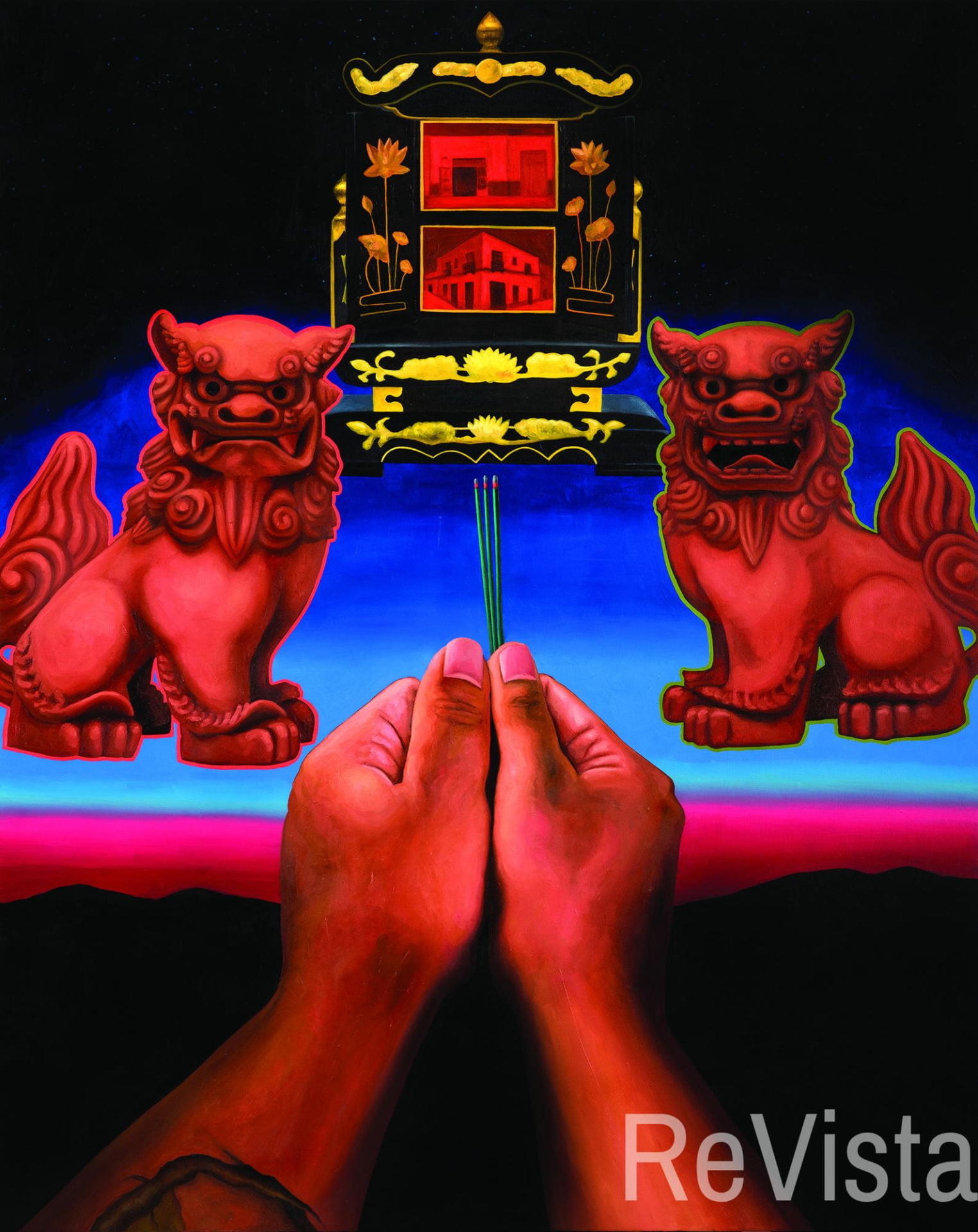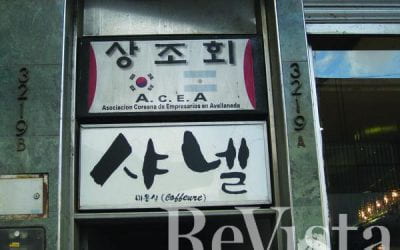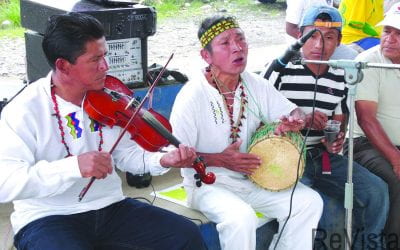Bridging Asia and Latin America
Academics, journalists and popular authors are writing more and more in recent years on the interconnections between Asia and Latin America. Asia specialists, Latin America specialists and an impressively increasing number of individuals who have expertise in both regions are focusing on varied types of interconnections: diplomacy, military engagement, and security; trade, investment, and other economic networks; environmental degradation and social conflict; knowledge transfer, cultural interactions and transculturations. They are also exploring the many facets of the migrations and diasporas that have led to today’s longstanding populations of Asians of Latin American descent and Latin Americans of Asian descent, as well as to today’s steady movement of peoples between the two regions, despite their great geographic distance.
For scholars of Asia, the growing attention to Asia-Latin America inter- connections reinforces the importance of thinking not only across borders within Asia (the primary mission of Harvard’s Asia Center, which I direct) but also about Asia in transnational and transregional global perspective. The Asia Center has already done important work in this area. Most notably, in 2015, it partnered with the Center for African Studies, as well as the Fairbank Center for Chinese Studies and East Asian Legal Studies at Harvard Law School, to create the Harvard Africa and China Program. Colleagues organized an inaugural workshop on Africa-China interconnections, held at Harvard in September 2015 and featuring panels on Business and Economics, Law and Politics, Global Medicine and Public Health, and Population and Migration. The workshop closed with a screening of China Remix. This award-winning film on African immigrants living in Guangzhou, China, and its focus on three African hip-hop artists striving to forge careers in their new home, humanized many of the complex dynamics between Asia and other regions discussed earlier in the day. It also provided context for other immigrant communities in China, including those from Latin America.
We reconfigured the Harvard Africa and China Program as the Harvard Africa-Asia Initiative in the spring of 2016, recognizing that African communities have been interacting with their counterparts from across Asia for millennia, with China becoming a major presence on the African continent only relatively recently. Joining the Asia Center, the Center for African Studies, the Fairbank Center, and East Asian Legal Studies at Harvard Law School in this venture were the Korea Institute, Lakshmi Mittal South Asia Institute, and Reischauer Institute of Japanese Studies. In November 2017, at the Harvard Center Shanghai, the Center for African Studies, with the support of Harvard’s ten Asia-related centers/programs, spearheaded a two-day conference on Africa and Asia: “Africa-Asia Connections: Bridging Past, Present, and Future.” Bringing together a diverse array of participants from around the world representing academia and both the public and private spheres, this event featured panels on Relations between Africa and India, Japan and China; Infrastructure, Trade and Industry; Migration and Economic Opportunity; Trading and Industrial Diaspora; and Migration, Trade and Health in the Africa-Asian Relationship; and Africa and Asia: The Way Forward. These panels, and in particular the discussions throughout the conference on the lessons Africa and Asia can learn from one another, made even more apparent the fundamental importance of examining Asia’s relationships with other parts of the world, including Latin America.
The Harvard Africa-Asia Initiative has sponsored a variety of other activities, including a roundtable on “Shared Challenges, Shared Opportunities: Healthcare Delivery in Africa and Asia” in fall 2017. This roundtable will serve as a springboard for a major international conference in Johannesburg in March 2019 focusing on Africa-Asia interconnections as these related to global and public health. Here too, we also must examine the analagous connections between Asia and Latin America.
Although unlike with Africa, Asia’s known ties with Latin America date back centuries, not millennia, the early success of the Harvard Africa-Asia Initiative suggests just how fruitful a similar collaboration between the Asia-related centers and the David Rockefeller Center for Latin American Studies could be. It is my hope that this issue of ReVista, featuring an array of articles by some of the most prominent names working on Asia-Latin America interconnections, will inspire colleagues working on Asia and those working on Latin America at Harvard and far beyond to seek out one another and create new collaborations, with the ultimate aims both of providing deeper insights into aspects of Asia-Latin America interconnections that have already received considerable attention and of shedding light on aspects of these relationships that heretofore has been relatively neglected, creating new knowledge and greater understanding as well as policy proposals that would benefit both regions.
Fall 2018, Volume XVIII, Number 1
Karen Thornber is Victor and William Fung Director of the Harvard University Asia Center, Chair of the Harvard Asia Center Council, and Professor of East Asian Languages and Civilizations and of Comparative Literature at Harvard. She has published widely on East Asian literatures and cultures, the literatures and cultures of the Indian Ocean Rim, comparative and world literature, postcolonialism, and the environmental and medical humanities. thornber@fas.harvard.edu
Related Articles
From Vendedor to Fashion Designer
English + Español
Korean immigrants in Latin America are shaping and developing fashion economies there. Upon arrival, Korean immigrants to Argentina and Brazil may have been lonely, isolated and confused…
Shared Sentiments Inspire New Cultural Centers
English + Español
In the early afternoon of January 3, 2018, in the mountainous village of Shicang, Zhejiang Province, China, firecrackers burst into the air and flags waved in the wind as a parade of Clan…
Evidence for Hope: Making Human Rights Work in the 21st Century
A Review of Evidence for Hope: Making Human Rights Work in the 21st Century Contemporary Human Rights and Latin America On September 5, 1921, Roscoe “Fatty” Arbuckle, Hollywood’s then best-paid star, attended a party in San Francisco’s St. Francis Hotel, drank...





